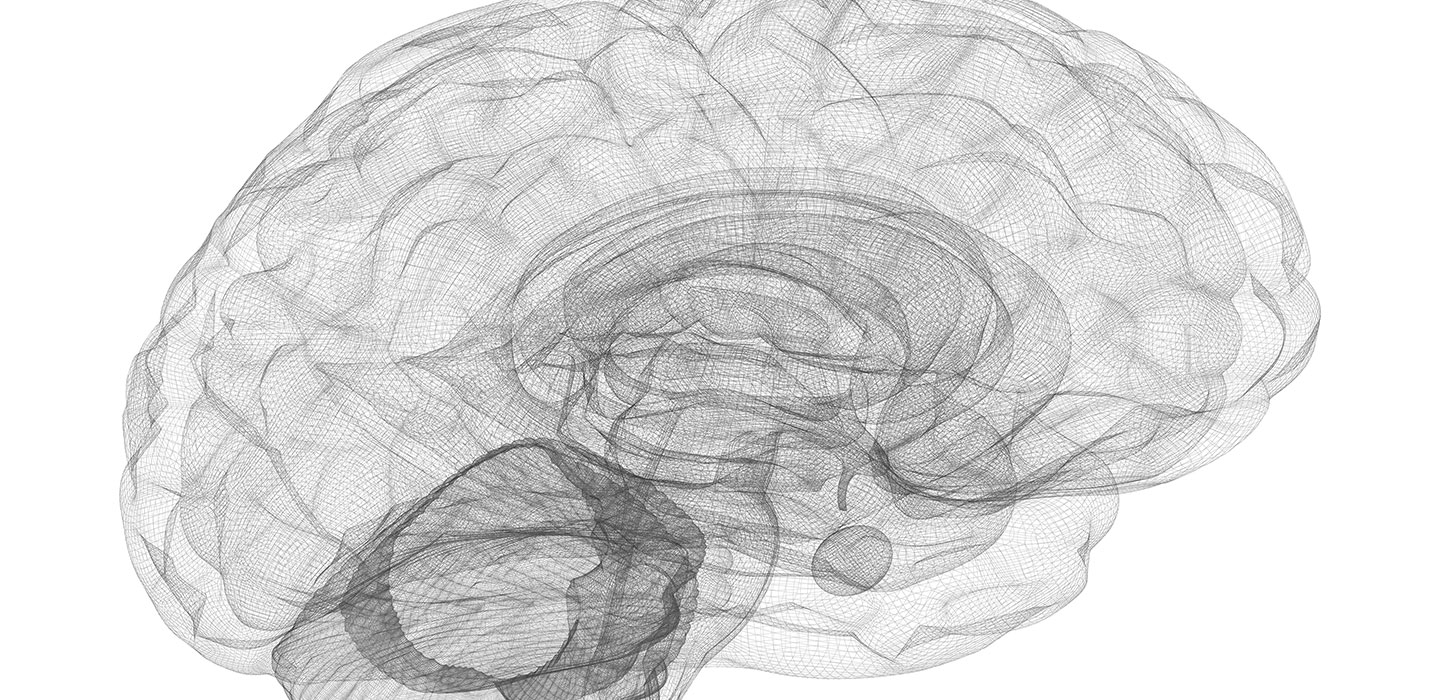Drugs That Mimic Natural Resilience Suggest New Treatment for Depression
Drugs That Mimic Natural Resilience Suggest New Treatment for Depression

From The Quarterly, September 2016
Researchers have developed a new therapeutic strategy for treating depression. As described in a paper published May 24 in Nature Communications, the new approach seeks to mimic in people the neuronal state of rodents that are naturally resilient to stress.
Just like people, individual rodents react to stress differently. Some are much more resilient than others, while still others are notably vulnerable to stress. For years, researchers have used mouse models of stress-induced depression with the aim of identifying what makes some people susceptible to depressive episodes.
In previous research, a team led by Ming-Hu Han, Ph.D., a 2015 Independent Investigator grantee and 2007 Young Investigator grantee from the Icahn School of Medicine at Mount Sinai, explored how the brains of resilient and depressed animals differ. They found that resilience in the brain is an active state—in other words, not simply the absence of depression. In resilient animals, specific genes are switched on in a brain region called the VTA (ventral tegmental area). These genes are inactive in VTA neurons of depressed animals.
When these genes are active in resilient animals, ion channels— tiny pores on the surface of neurons that open and close when signals are being relayed—are significantly more often open and active. Observing this, the researchers wondered what would happen if they could open such channels in VTA neurons in animals that were depressed. Would there be a therapeutic effect?
The team, which also included Icahn School researcher Allyson K. Friedman, Ph.D., a 2014 Young Investigator grantee and first author of the new paper, sought to open a particular subset of potassium ion channels called KCNQ ion channels in non-resilient animals. These are the channels encoded by the gene, called KCNQ3, that was turned on much more in the VTA of resilient animals than in depressed animals. Overexpressing this gene led to more ion channels, whose activity had the effect of quelling the neuronal hyperactivity in the VTA that corresponds with depression. The animals became more resilient with fewer and less intense symptoms of depression-like behavior.
This experimental success suggests a brand new therapeutic approach for depression. There are three known drugs that open KCNQ ion channels. One of these, retigabine (also marketed as ezogabine), is already FDA-approved for the treatment of epilepsy. The research team tested it and the other two channel-opening agents in mice, and found that all three reduced neuronal hyperactivity in the VTA as well as symptoms of depression in the animals. The team is now working to see if similar treatments might prevent depression in susceptible animals if administered prior to stressful situations.


